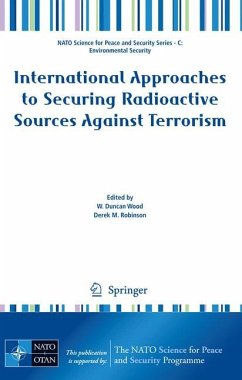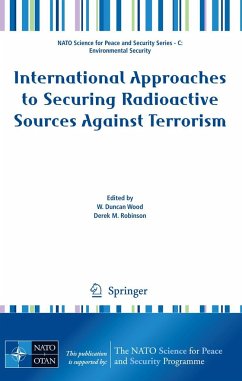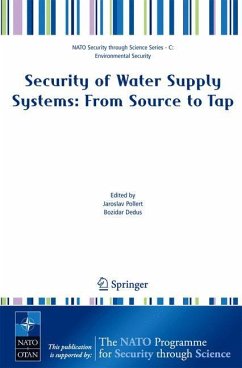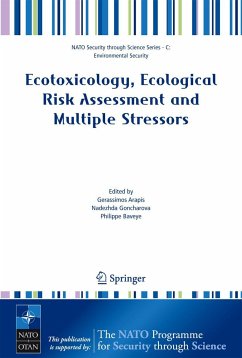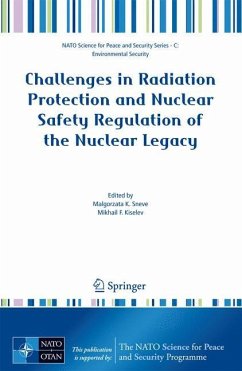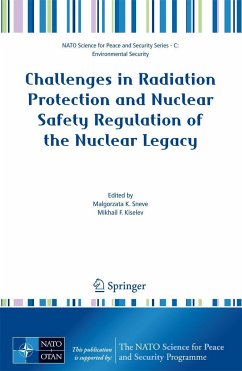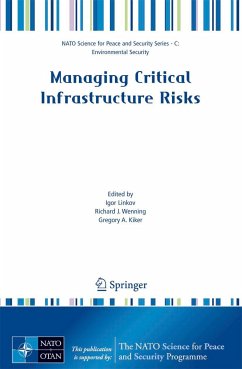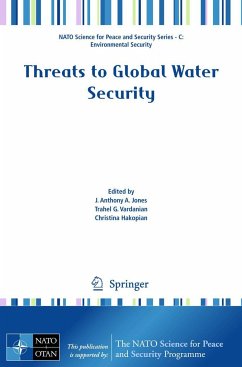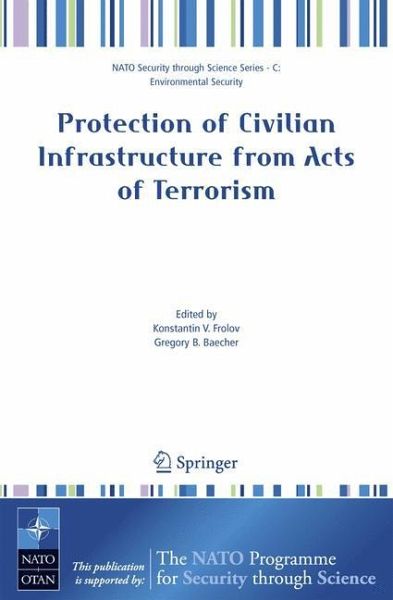
Protection of Civilian Infrastructure from Acts of Terrorism
Versandkostenfrei!
Versandfertig in 6-10 Tagen
151,99 €
inkl. MwSt.
Weitere Ausgaben:

PAYBACK Punkte
76 °P sammeln!
1 2 Konstantine V. Frolov and Gregory B. Baecher 1 2 Director of the Institute for Machine Sciences, RAS; and University of Maryland The objective of the Workshop on Protection of Civilian Infrastructure From Acts of Terrorism was to lay the foundation for a risk-informed - proach to modeling, analyzing, predicting, managing, and controlling mul- sector Infrastructure networks in the face of human threats and errors. The goal was to combine the insights of a spectrum of disciplines across en- neering, public policy, planning, and economics. The workshop addressed the need to develop an underst...
1 2 Konstantine V. Frolov and Gregory B. Baecher 1 2 Director of the Institute for Machine Sciences, RAS; and University of Maryland The objective of the Workshop on Protection of Civilian Infrastructure From Acts of Terrorism was to lay the foundation for a risk-informed - proach to modeling, analyzing, predicting, managing, and controlling mul- sector Infrastructure networks in the face of human threats and errors. The goal was to combine the insights of a spectrum of disciplines across en- neering, public policy, planning, and economics. The workshop addressed the need to develop an understanding for s- tems behaviors and vulnerabilities of interacting networks; create a ri- informed analysis capability for modeling and predicting the behavior of complex networks; apply emerging technology to the problems of desi- ing, constructing, monitoring, and operating critical infrastructure; and build an understanding of the social, economic, and environmental factors that affect, and are affected by, critical infrastructure. The objective was to develop an understanding of the vulnerability of critical systems to various modes of terrorist attack. The benefit of developing such understanding is that approaches can be crafted to reducing vulnerability and to containing or limiting the propagation of failure within an infrastructure system, thus limiting the impact of terrorism. This also leads to improved understanding of infrastructure systems in general, not only in the face of threats but also natural hazards. Areas of research need and capability were identified, along with opportunities for future exchange and collaboration.





